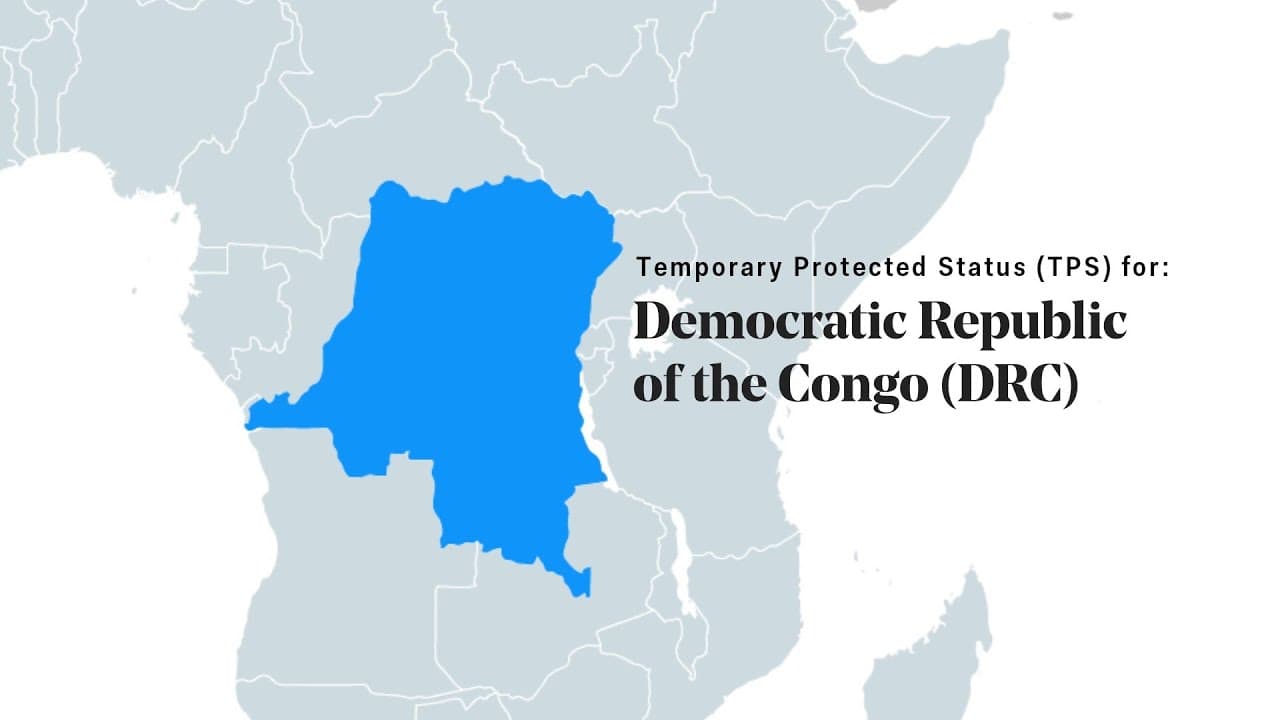“We had a good life. There’s no way to go back home, everything has been destroyed. All I’m asking for is peace.”- Alphonsine, displaced by violence in Ituri Province, eastern DRC
The Biden Administration Must Designate the Democratic Republic of the Congo (DRC) for TPS
Widespread armed conflict, intense violence, and resulting humanitarian crises in the Democratic Republic of the Congo (DRC) make it impossible for nationals of the country to return to their home country safely right now. In October 2023, the UN reported that more than 6.9 million people in the DRC were displaced, and they called the current situation “one of the largest internal displacement and humanitarian crises in the world.” In fact, the DRC is in the midst of one the deadliest armed conflicts in modern history. In 2022 alone, this terrible violence killed more than 6,000 people. Decades of tragedy in the region have claimed more than 5 million lives in total. A resurgence of the non-state armed group March 23 Movement (M23) has contributed to an escalation of violence in the DRC, with widespread human rights abuses including war crimes.
If individuals living in the U.S. are deported to the DRC, both adults and children could face horrifying violence and human rights violations, including arbitrary detention, sexual and gender-based violence, torture, forced recruitment as soildiers, and even summary executions. Congress created the Temporary Protected Status (TPS) program to prevent precisely such tragedies from occurring by extending protections from deportation, as well as the ability to work legally, to people in the U.S. who have come from countries where it’s unsafe to return. Designating the DRC for TPS would provide these vital protections to Congolese nationals currently living in the U.S., allowing them to remain with their families in their communities, and free from the fear that they could be deported to harm.
